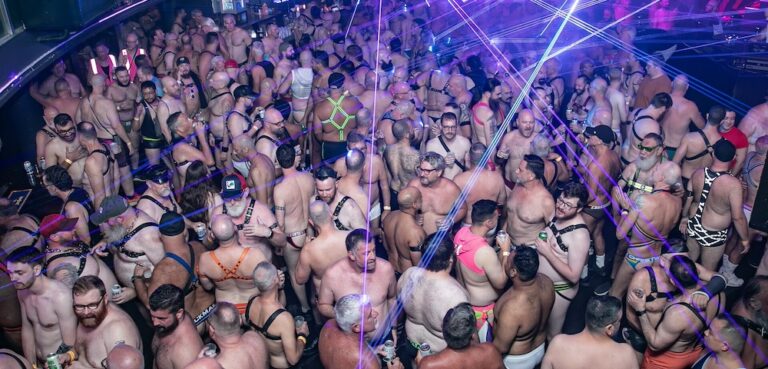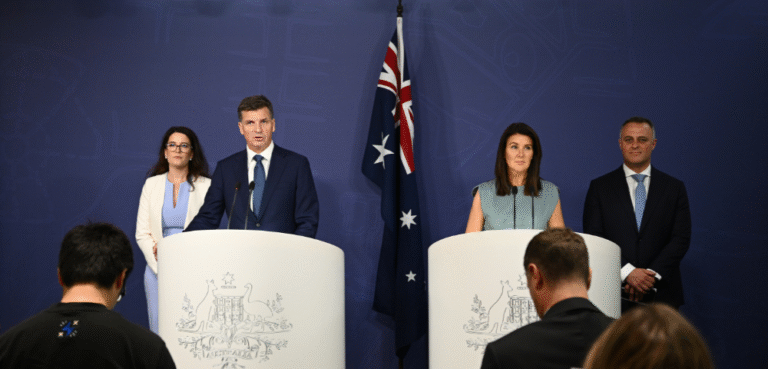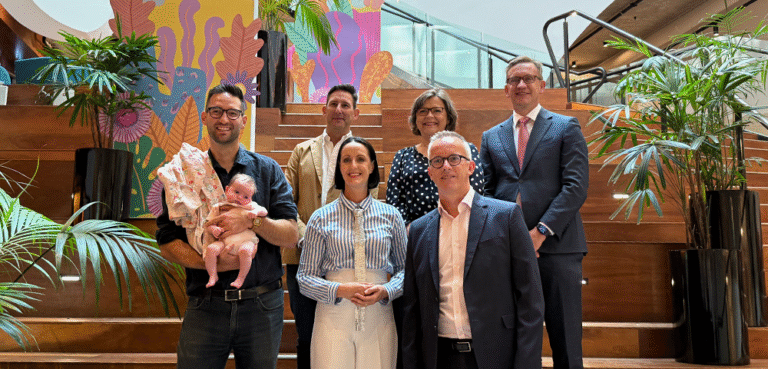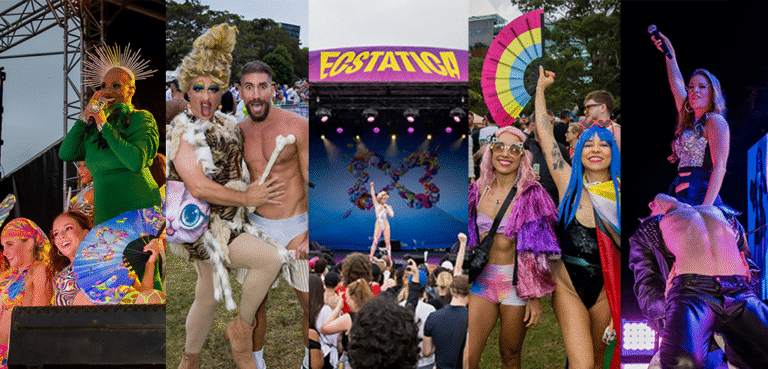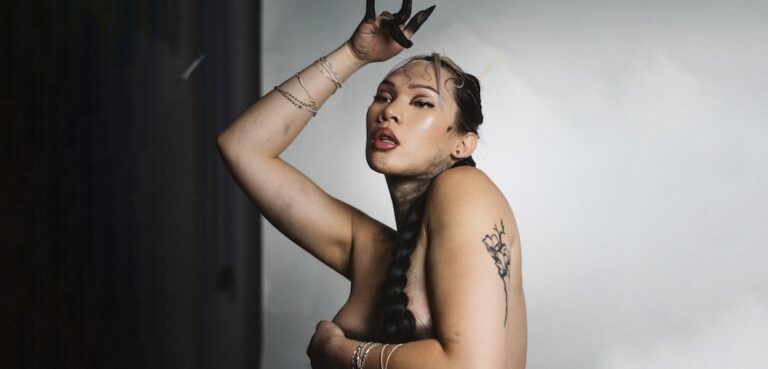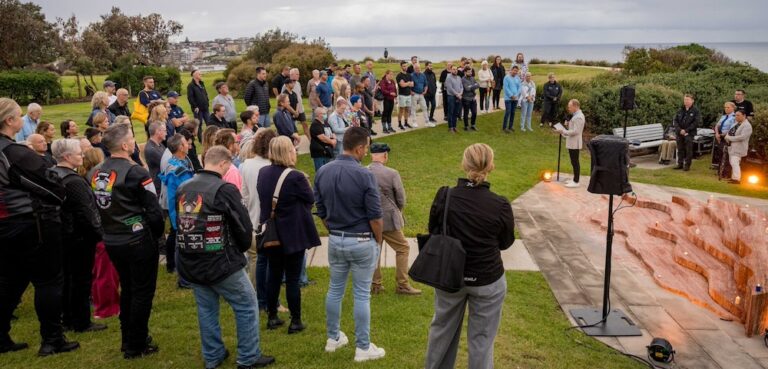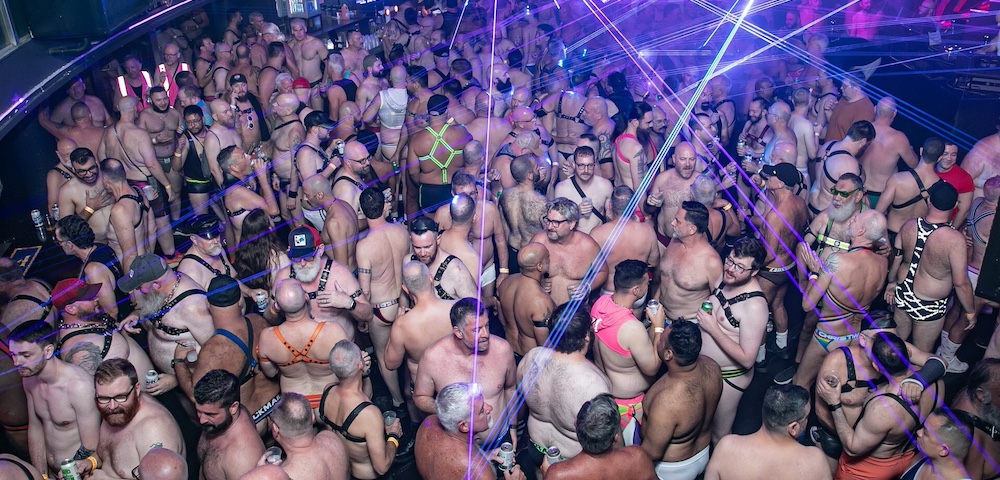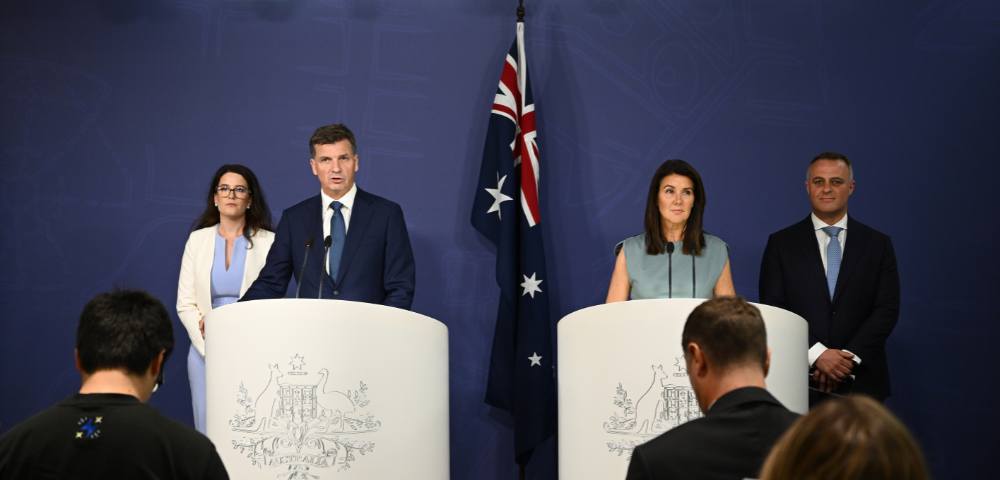
It’s Time For LGBT Australians To Raise Our Voices For Strong Human Rights Protections
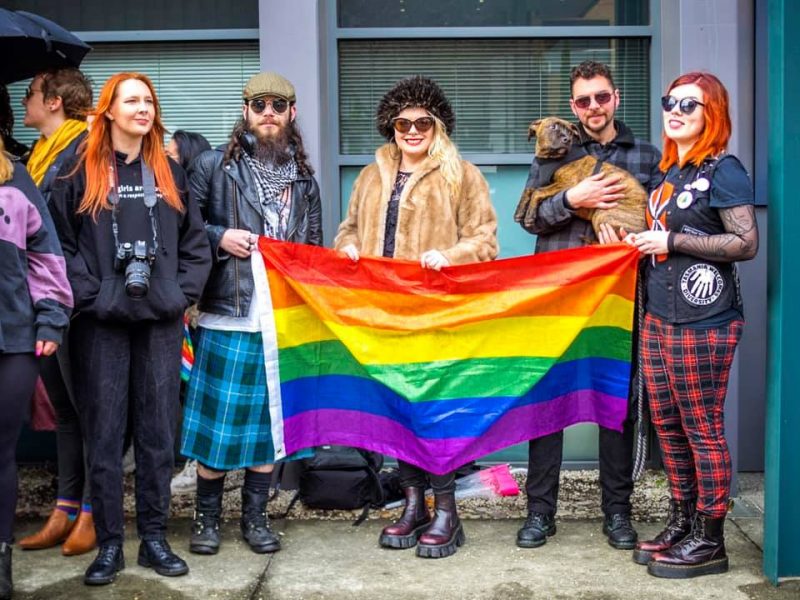
Australia is on the cusp of another debate about whether we should join all other western nations by adopting explicit and comprehensive human rights protections.
Parliament is reviewing existing human rights protections and the Government may introduce a human rights bill. At the same time, LGBTIQA+ human rights face a grave threat from a resurgent far right.
I’m familiar with the value of human rights protections because I was involved in a landmark case to the UN Human Rights Committee that helped decriminalise homosexuality in Tasmania in the 1990s.
But that case also showed me the importance of human rights protections that, unlike UN decisions, are enforceable. Unfortunately, not all human rights advocates see the need for strong protections.
The onus is on the LGBTIQA+ community to make the case for protections that are as strong as possible.
Constitutional Human Rights Protections
If I had my way Australia would embed human rights in our Constitution like Canada and South Africa.
Constitutional human rights protections allow laws that breach human rights to be struck down by courts, as unequal marriage laws were in both of the countries I just mentioned.
Tasmanian reformer and chief author of the Australian Constitution, Andrew Inglis Clark, tried to constitutionally entrench the right to equality in the 1890s. He wrote the U.S. Fourteenth Amendment into the draft Constitution.
In America, that amendment has been the foundation for reforms that have benefitted people of colour, women, people with disability and LGBTIQA+ people. It was the basis for striking down American anti-sodomy laws and for allowing marriage equality.
But federal fathers from NSW and other Australian colonies shot down Clark’s amendment because they knew it would be used to challenge the emerging White Australia policy.
The Dialogue Model
That policy may have largely vanished but an aversion to constitutional rights remains strong among Australian politicians. They don’t want to give away any of their power to the citizens whose rights they abuse.
This is partly why state and territory human rights protections have been ordinary laws that can’t override other laws in the way constitutional protections can (the other reason being that state and territory constitutions tend to be acts of parliament).
Victoria, Queensland and the ACT have adopted the “dialogue model” where courts decide if laws breach human rights but can’t force change. A court can issue a “Declaration of Incompatibility” if a law violates the local Human Rights Act.
Parliament is then required to justify why the law should remain in place. Although Parliament has the ultimate say over whether laws that breach human rights are reformed, a Declaration is at least a transparent and very public process.
If nothing else, existing state and territory Human Rights Acts get people talking about human rights. This is the very least we should have nationally, but a recent proposal from the Australian Human Rights Commission (AHRC) is even weaker.
The Australian Human Rights Commission Model
Under the proposed AHRC model there won’t be any public Declarations of Incompatibility that governments are obliged to respond to.
Instead, when a court finds a human rights violation it is passed on to the Attorney-General who can decide whether or not to review the matter. It’s an informal process away from the public eye.
To make matters worse, the AHRC has proposed the equality provision in a national Human Rights Act should be anchored, not in strong international equality provisions, but in existing Australian anti-discrimination laws, laws that allow discrimination against LGBTIQA+ people!
On top of this, the AHRC proposes to entrench religious freedom – a right that has been weaponised against LGBTIQA+ people – without the limitations on that right that exist in international human rights law.
General limits will apply to all rights in the AHRC model, but they won’t be as strong as the specific limits on religious freedom found in foundational global protections like the International Charter on Civil and Political Rights.
Even the AHRC’s recommendation for government consultation with groups affected by human rights abuses, like First Nations, people with disability and children, doesn’t include LGBTIQA+ folk.
The AHRC has sacrificed LGBTIQA+ equality in its quest for the least controversial human rights model. As always, this will empower opponents of human rights, not placate them.
As a participant in the UN’s Tasmanian gay law reform decision mentioned above, my question is whether the AHRC model is a step up from taking a case to Geneva? The UN’s Tasmanian decision was not binding on the Government and only had an effect because of the high-profile grassroots campaign already underway.
But at least the Government had to respond to the UN and at least the rights we appealed weren’t watered down.
The only advantage the AHRC model has over a complaint to the UN is that the former will be heard in a local court. But that’s barely compensation for the Australian rights being weaker. When Australians lodge appeals with the UN the outcomes can be pretty weak, but it’s hard to see how the AHRC model is an improvement.
Challenges To LGBTIQA+ Human Rights
All this matters because LGBTIQA+ human rights are still not fully respected.
Trans affirmation surgery is still not covered by Medicare, intersex kids are still being mutilated through unnecessary surgeries, LGBTQ+ students can still be expelled, staff sacked and clients turned away by faith-based schools and services, and the protections we do have are too often ignored, as shown by the Tasmanian Coroner’s disregard for the existing legal rights of bereaved same-sex partners.
On top of that, challenges to LGBTIQA+ human rights are likely to grow in Australia, just as they are in the US, especially in regard to trans rights, school inclusion and the “religious freedom” to discriminate against us.
Strong human rights protections are more urgent than ever. You can be sure that trans rights and the unfettered “religious freedom” to discriminate will be the main weapons wielded by opponents of any proposed Human Rights Act, just as their argument against such an Act in the early 2000s was that “it will lead to gay marriage”.
The AHRC knows this, which is probably why it has gone soft on LGBTIQA+ equality. For its part, the LGBTIQA+ community should not follow the AHRC down the path of trading some rights for others.
We must not accept the false dichotomy between a Human Rights Act and our specific rights, just as our community leaders should not have accepted the false dichotomy between marriage equality on the other one hand, and trans rights, “religious freedom” and school inclusion on the other, during the 2017 postal survey.
We must be ready to counter the anti-LGBTIQA+ case against a Human Rights Act by turning human rights for trans people and the damage of unlimited “religious freedom” into arguments for a Human Rights Act.
Make Your Views Known
Federal Parliament is reviewing Australia’s human rights framework and its recommendations could form the basis of a Human Rights Bill under the current federal Labor Government.
I urge you to send in a submission calling for stronger human rights protections for LGBTIQA+ people and others.
Make the point existing protections aren’t sufficient, that the Australian Human Rights Commission’s proposal isn’t an improvement, and that LGBTIQA+ people need strong, enforceable protections.
Also, highlight the urgent need for an LGBTIQA+ Human Rights Commissioner at the Australian Human Rights Commission so our community has a stronger voice when it comes to human rights policy-making.
Most of all make the point that human rights are about recognising the inherent value of every human being, and that LGBTIQA+ people need that recognition now as much as ever.
More information about submissions here
Rodney Croome is a long-time Australian LGBTIQA+ human rights advocate. In recognition of his work he was made a Member of the Order of Australia.
